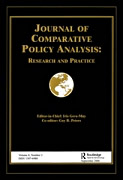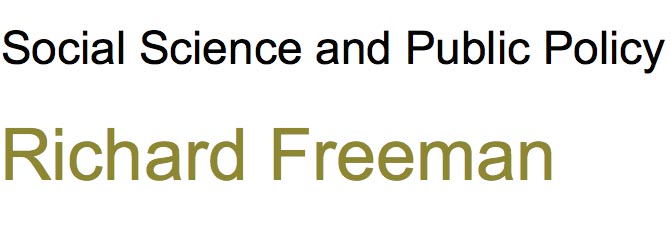 Classification is integral to comparison. The aim of this paper is to reflect on the nature, purpose and limits of classification in comparative health policy. We begin by describing the role of classification in comparative research design, discussing Weber’s concept of the ‘‘ideal type’’ and drawing on the sociology of scientific knowledge to reflect on classification as an essentially social and uncertain process. In the sections which follow, we present an outline history of the classification of health systems, identifying a ‘normal science’ of comparative studies of health policy and exploring a number of theoretical, conceptual and methodological issues which arise from it.
Classification is integral to comparison. The aim of this paper is to reflect on the nature, purpose and limits of classification in comparative health policy. We begin by describing the role of classification in comparative research design, discussing Weber’s concept of the ‘‘ideal type’’ and drawing on the sociology of scientific knowledge to reflect on classification as an essentially social and uncertain process. In the sections which follow, we present an outline history of the classification of health systems, identifying a ‘normal science’ of comparative studies of health policy and exploring a number of theoretical, conceptual and methodological issues which arise from it.
Source: Journal of Comparative Policy Analysis 12 (1) 163-178
